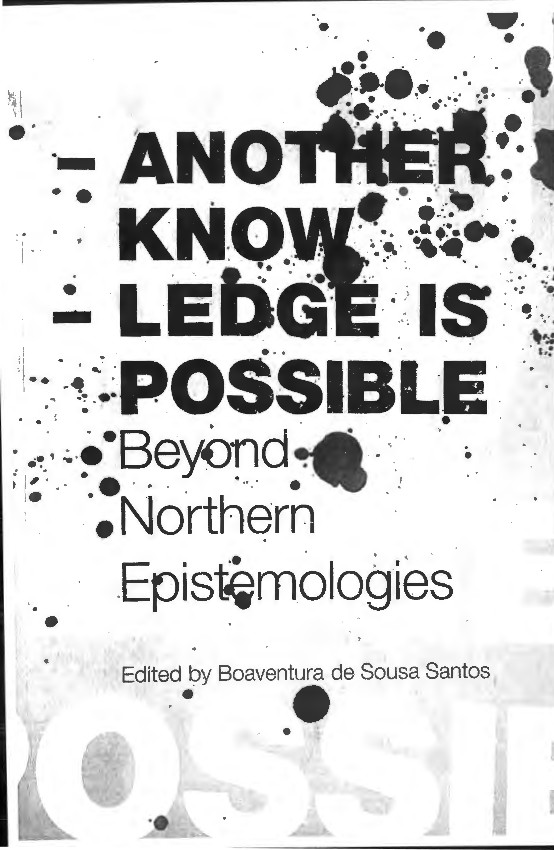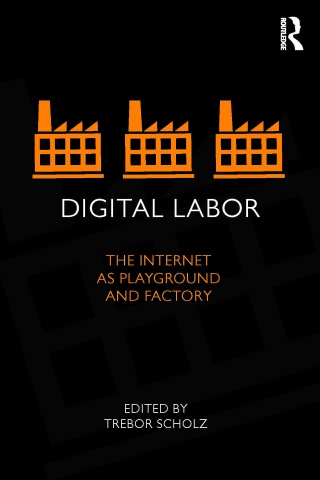Richard Barbrook: Class Wargames: Ludic Subversion Against Spectacular Capitalism (2014)
Filed under book | Tags: · activism, avant-garde, capitalism, constructivism, game, military, neoliberalism, new left, participation, politics, psychogeography, situationists, war

“Why should radicals be interested in playing wargames? Surely the Left can have no interest in such militarist fantasies? Yet, Guy Debord – the leader of the Situationist International – placed such importance on his invention of The Game of War that he described it as the most significant of his accomplishments.
Intrigued by this claim, a multinational group of artists, activists and academics formed Class Wargames to investigate the political and strategic lessons that could be learnt from playing his ludic experiment. While the ideas of the Situationists continue to be highly influential in the development of subversive art and politics, relatively little attention has been paid to their strategic orientation. Determined to correct this deficiency, Class Wargames is committed to exploring how Debord used the metaphor of the Napoleonic battlefield to propagate a Situationist analysis of modern culture and politics. Inspired by his example its members have also hacked other military simulations: H.G. Wells’ Little Wars; Chris Peers’ Reds versus Reds and Richard Borg’s Commands & Colors. Playing wargames is not a diversion from politics: it is the training ground of tomorrow’s communist insurgents.
Fusing together historical research on avant-garde artists, political revolutionaries and military theorists with narratives of five years of public performances, Class Wargames provides a strategic and tactical manual for subverting the economic, political and ideological hierarchies of early-21st century neoliberal capitalism. The knowledge required to create a truly human civilisation is there to be discovered on the game board!” (from the back cover)
Publisher Minor Compositions, an imprint of Autonomedia, 2014
Creative Commons BY-NC 3.0 Licence
ISBN 9781570272936
444 pages
via Marcell
PDF (8 MB)
Scribd
See also Guy Debord’s ‘The Game of War’ – The Film (26 min, c2011)
Boaventura de Sousa Santos (ed.): Another Knowledge Is Possible: Beyond Northern Epistemologies (2007)
Filed under book | Tags: · biodiversity, capitalism, environment, epistemology, human rights, knowledge, medicine, neoliberalism, social movements

“The main argument of this book is that there is no global social justice without global cognitive justice. Probably more than ever, global capitalism appears as a civilizational paradigm encompassing all domains of social life. The exclusion, oppression, and discrimination it produces have not only economic, social, and political dimensions but also cultural and epistemological ones. Accordingly, to confront this paradigm in all its dimensions is the challenge facing a new critical theory and new emancipatory practices. Contrary to their predecessors, this theory and these practices must start from the premise that the epistemological diversity of the world is immense, as immense as its cultural diversity and that the recognition of such diversity must be at the core of the global resistance against capitalism and of the formulation of alternative forms of sociability.” (from the Introduction)
Another Knowledge Is Possible explores the struggles against moral and cultural imperialism and neoliberal globalization that have taken place over the past few decades, and the alternatives that have emerged in countries throughout the developing world from Brazil and Colombia, to India, South Africa and Mozambique. In particular it looks at the issue of biodiversity, the confrontation between scientific and non-scientific knowledges, and the increasing difficulty experienced by great numbers of people in accessing information and scientific-technological knowledge.
With contributions by Margarita Flórez Alonso, Luis Carlos Arenas, João Paulo Borges Coelho, Arturo Escobar, Yash Ghai, Maria Paula Meneses, João Arriscado Nunes, Lino João de Oliveira Neves, Mauricio Pardo, Shalini Randeria, Laymert Garcia dos Santos, Vandana Shiva, Carlos Frederico Marés de Souza Filho, Tewolde Berhan Gebre Egziabher, Shiv Visvanathan, and Thokozani Xaba.
Publisher Verso, London, 2007
ISBN 9781844672561
447 pages
via the editor, HT kris
PDF (single PDF, updated to an OCR’d version on 2014-5-9 via esco_bar)
PDF (PDF chapters)
Trebor Scholz (ed.): Digital Labor: The Internet as Playground and Factory (2012)
Filed under book | Tags: · biopolitics, gift economy, internet, labour, neoliberalism, participation, play, playbour, politics, social media, technology, value, web, youtube

“Digital Labor calls on the reader to examine the shifting sites of labor markets to the Internet through the lens of their political, technological, and historical making. Internet users currently create most of the content that makes up the web: they search, link, tweet, and post updates—leaving their “deep” data exposed. Meanwhile, governments listen in, and big corporations track, analyze, and predict users’ interests and habits.
This unique collection of essays provides a wide-ranging account of the dark side of the Internet. It claims that the divide between leisure time and work has vanished so that every aspect of life drives the digital economy. The book reveals the anatomy of playbor (play/labor), the lure of exploitation and the potential for empowerment. Ultimately, the 14 thought-provoking chapters in this volume ask how users can politicize their troubled complicity, create public alternatives to the centralized social web, and thrive online.”
Contributors: Mark Andrejevic, Ayhan Aytes, Michel Bauwens, Jonathan Beller, Patricia Ticineto Clough, Sean Cubitt, Jodi Dean, Abigail De Kosnik, Julian Dibbell, Christian Fuchs, Lisa Nakamura, Andrew Ross, Ned Rossiter, Trebor Scholz, Tizania Terranova, McKenzie Wark, and Soenke Zehle.
Publisher Routledge, 2012
ISBN 0415896959, 9780415896955
258 pages
Reviews: Sebastian Sevignani (triple C, 2013), Andreas Wittel (Inf, Comm & Soc, 2014), Stephanie Anne Brown (Transformative Works & Cult, 2014), Gregory J. Downey (J Assoc Info Sci & Tech, 2015).
Conference (2009, from Archive.org)
Next conference (14-16 Nov 2014, CfP)
Publisher

